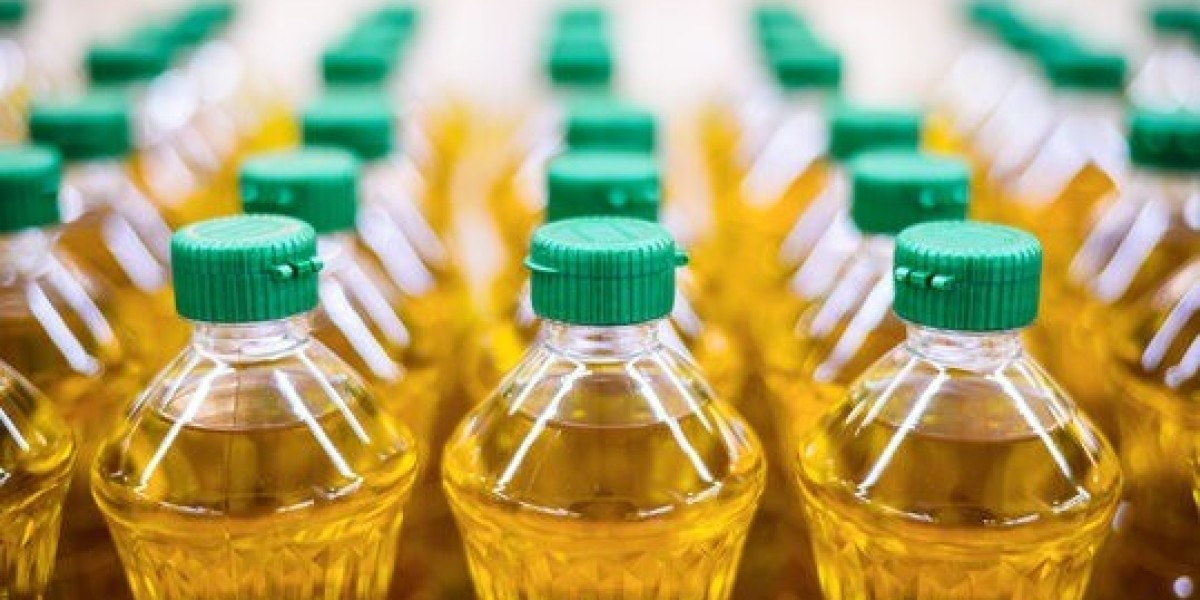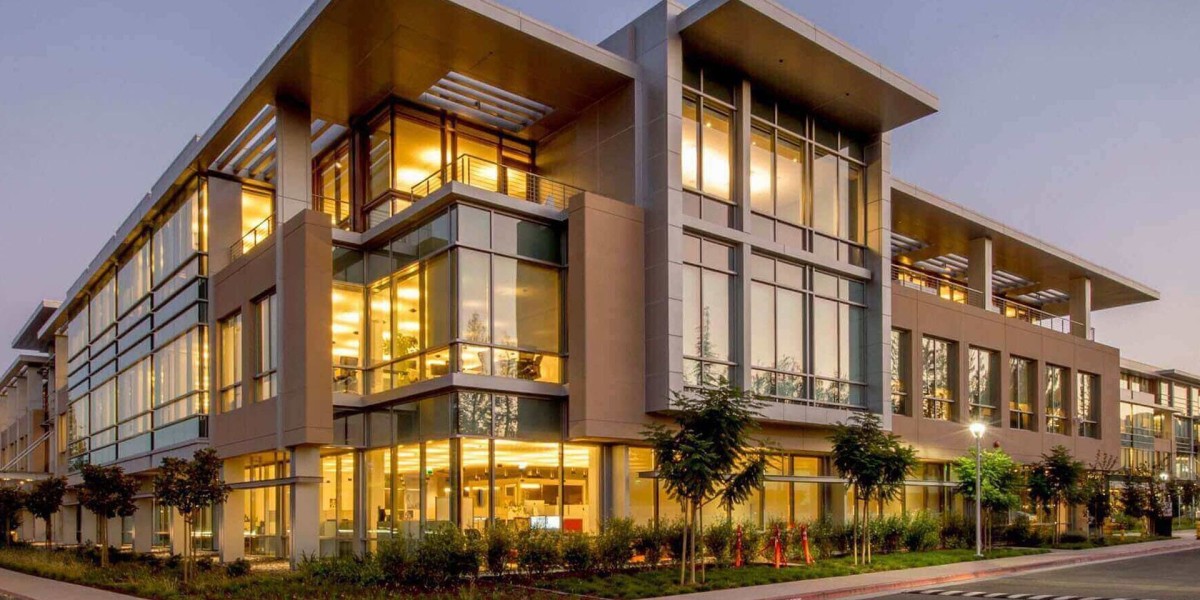Palm oil is a widely used edible vegetable oil extracted from the fruit of the oil palm tree, primarily Elaeis guineensis. It is composed mainly of triglycerides, with a high percentage of saturated and unsaturated fatty acids, making it semi-solid at room temperature and suitable for various applications. It is derived either from the pulp (crude palm oil) or the kernel (palm kernel oil) and is prized for its long shelf life, high oxidative stability, and cost-effectiveness. Its applications span across the food and beverage (F&B) industry, where it is used in margarine, ice cream, bakery items, and confectionery. It plays a crucial role in the economies of producing countries, providing employment opportunities to people.
The increasing use of palm oil in oleochemical production, such as fatty acids, glycerin, and surfactants, which are crucial for industrial applications, including lubricants, plastics, and personal care items, is impelling the growth of the market. Manufacturers are actively seeking palm oil-based ingredients as cost-effective and biodegradable alternatives to petroleum-based compounds. The rising demand for palm oil in animal feed formulations, due to its high energy content and ability to enhance feed palatability, is supporting the market growth. In line with this, several governments and private sectors are implementing reforestation and sustainable certification programs, which are building individual trust and improving international trade opportunities for sustainably sourced palm oil.
IMARC’s new report titled “Palm Oil Processing Plant Project Report 2025: Industry Trends, Plant Setup, Machinery, Raw Materials, Investment Opportunities, Cost and Revenue,” provides a comprehensive roadmap for setting up a palm oil processing plant. The study encompasses all the essential information needed to enter the palm oil industry. This report offers an in-depth evaluation of the palm oil processing plant cost, enabling readers to understand recurring operational expenditures and return on investment. It is a valuable resource for entrepreneurs, investors, researchers, consultants, business strategists, and anyone with an interest or stake in the palm oil sector. Moreover, it outlines the palm oil processing plant setup cost, guiding users through the capital planning and resource allocation stages essential for launching production.
Key factors for setting up a palm oil processing plant:
1. Market Research
The widespread utilization of palm oil in bakery and confectionery industries, driven by its role in enhancing the texture, shelf stability, and flavor of products, is positively influencing the market. The rising trend of food fortification, particularly in regions combating nutritional deficiencies, is encouraging the inclusion of Vitamin A-enriched palm oil in staple cooking oils. In addition to this, foodservice chains and hospitality sectors are increasingly adopting palm oil due to its high smoke point and cost-efficiency in deep frying, thereby contributing to the market growth. Apart from this, the rising adoption of palm oil in the production of renewable diesel and sustainable aviation fuel, supported by global decarbonization policies, is positioning it as a strategic commodity in the evolving global energy mix.
The report offers an exhaustive overview of the global palm oil industry, including a detailed breakdown by segments and regions within the sector. It also includes in-depth analyses of prices involved, market trends and historical data and forecast.
- Market Forecast
- Price Analysis
- Market Breakup by Region
- Market Breakup by Segment
- Market Trends
2. Planning and Designing
A detailed and up-to-date business plan is indispensable for mapping out the steps to establish and operate a palm oil processing facility. This report offers in-depth details about the process flow and the various unit operations involved in a palm oil production plant.
- Technical Tests
- Quality Assurance Criteria
- Mass Balance and Raw Material Requirements
- Unit Operations Involved
- Product Overview
Request for a Sample Report:
https://www.imarcgroup.com/palm-oil-processing-plant-project-report/requestsample
3. Legal and Regulatory Compliance
Understanding and complying with the intricate framework of business laws and regulations is a vital aspect of establishing a palm oil processing facility. This requires a detailed knowledge of legal obligations, such as labor laws, environmental standards, tax policies, and industry-specific regulations.
4. Plant Requirements and Costs
The report offers a detailed location analysis, including insights into land selection, key criteria, location importance, environmental considerations, and associated costs for establishing a palm oil processing facility. It also provides information on plant layout and the factors that impact its design.
- Human Resource Requirements and Costs
- Utility Requirements and Costs
- Transportation Requirements and Costs
- Packaging Requirements and Costs
- Raw Material Requirements and Costs
- Machinery Requirements and Costs
- Plant Layout
- Land, Location and Site Development
Browse the Full Report with the Table of Contents:
https://www.imarcgroup.com/palm-oil-processing-plant-project-report
5. Hiring and Training
Effective workforce planning and recruitment strategies are critical for assembling a skilled and efficient team to manage a palm oil processing plant. This process includes identifying the specific skills and qualifications needed for different roles and anticipating future staffing requirements based on production goals and business expansion.
- Developing Health and Safety Protocols
- Implementing Training Programs for Employees
- Complying with Labor Laws and Regulations
6. Supply Chain Management
Building strong partnerships with suppliers and vendors is crucial to maintaining a dependable and cost-efficient supply chain. This requires choosing partners who can reliably deliver high-quality raw materials and components at competitive rates.
- Planning Logistics and Transportation Networks
- Implementing Efficient Inventory Management Systems
7. Project Economics
This entails a thorough analysis of the costs associated with a palm oil processing plant, covering capital expenditure (CapEx), operating expenditure (OpEx), income forecasts, taxation, depreciation, liquidity, profitability, payback period, net present value (NPV), uncertainty, sensitivity assessments, etc. In addition to this, it includes an in-depth review of financial assistance options and a comprehensive list of certifications necessary for establishing the plant.
- Financial Analysis
- Profit Projections
- Taxation and Depreciation
- Revenue Projections
- Expenditure Projections
- Operating Costs
- Capital Investments
8. Marketing and Distribution Strategies:
Creating a robust marketing strategy and establishing strong brand positioning are vital for building a processing plant’s market presence. This process includes conducting thorough market research to identify customer needs, preferences, and competitive trends.
- Identifying Distribution Channels and Sales Networks
- Leveraging Digital Marketing and E-Commerce Platforms
- Participating in Trade Shows and Industry Events
About Us:
IMARC Group is a global management consulting firm that helps the world’s most ambitious changemakers to create a lasting impact. The company excel in understanding its client’s business priorities and delivering tailored solutions that drive meaningful outcomes. We provide a comprehensive suite of market entry and expansion services. Our offerings include thorough market assessment, feasibility studies, company incorporation assistance, factory setup support, regulatory approvals and licensing navigation, branding, marketing and sales strategies, competitive landscape, and benchmarking analyses, pricing and cost research, and procurement research.
Contact Us:
IMARC Group
134 N 4th St. Brooklyn, NY 11249, USA
Email: sales@imarcgroup.com
Tel No:(D) +91 120 433 0800
United States: +1–631–791–1145







